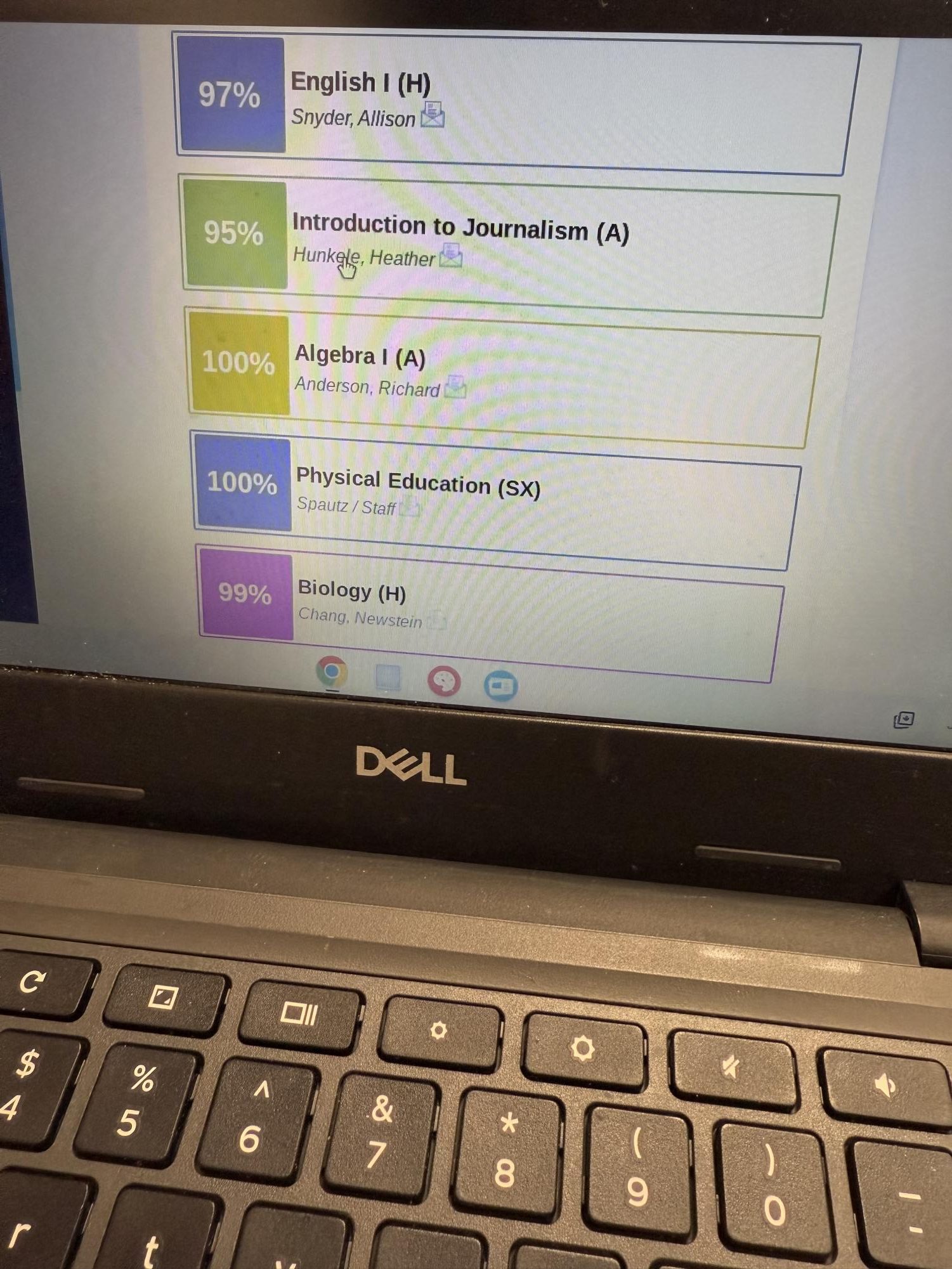With school becoming even more strenuous and competitive over the course of the years, grades have become an even more crucial part of school. For the majority of students, grades are a deciding factor for the rest of their lives. But, what is more important when looking at school: the number of grades or the education?
While the purpose of school is to gain the education needed to succeed in life, it instead has become more about the number and letter grades one receives at the end of a quarter, rather than a measure of one’s educational development.
Students have been trained to focus on the grade they receive from an assignment rather than the knowledge they have gained. Grades are a huge deal for students, especially those who depend on their grades to get into a good university. While the grades one gets matter to an extent, what should really matter is the student’s understanding and achievement in learning a topic. Unfortunately, with the competitiveness of grades, the educational significance of the grade has been somewhat lost.
“The teachers are not keepers of numbers,” said Dr Neigel, “Teachers just say, here are all your assignments. Here’s your grade. Is that really what your grade is? Does that grade really represent what the student knows about, English, history, Spanish, science?”
While grades measure, to an extent, the knowledge that a student possesses is more important overall. In fact , the grade represents how well a student took a test, not how much intelligence they have.
“[grades] really distract from the learning aspect of [school],” said Arden Addeo ‘25, “I don’t think [knowledge] is accurately reflected, I think [test taking] is a skill that you can develop, certainly, but especially in the case of the SAT and the ACT, I don’t think it’s accurate of a person’s ability to learn or do something.”
An assessment is supposed to display the knowledge gained at the end of a unit in a particular subject. However, when students study for an assessment, the main goal is not always the educational aspect of the test, but rather how that grade will affect their GPA.
“In subjects that I’m really interested in, like history, I really try to learn the best I can, but the grade I get at the end is also important to me,” said Addeo, “with the classes that I don’t like, then it’s more about passing the class. I don’t really care too much about understanding the material, especially if it’s a class that I just have to take in order to graduate.”
Students are more likely to focus on subjects they are interested in., and are more likely to care about a subject they are passionate about as opposed to a subject that the school requires students to take.
With colleges only able to determine a student’s academic performance based on the grades they have received throughout high school, students focus more on how their college transcript looks rather than how they have learned and grown as a scholars. In a society where education is more important than ever, it is crucial that students are able to focus on the aspects of learning, rather than how their grades will impact the rest of their lives.














